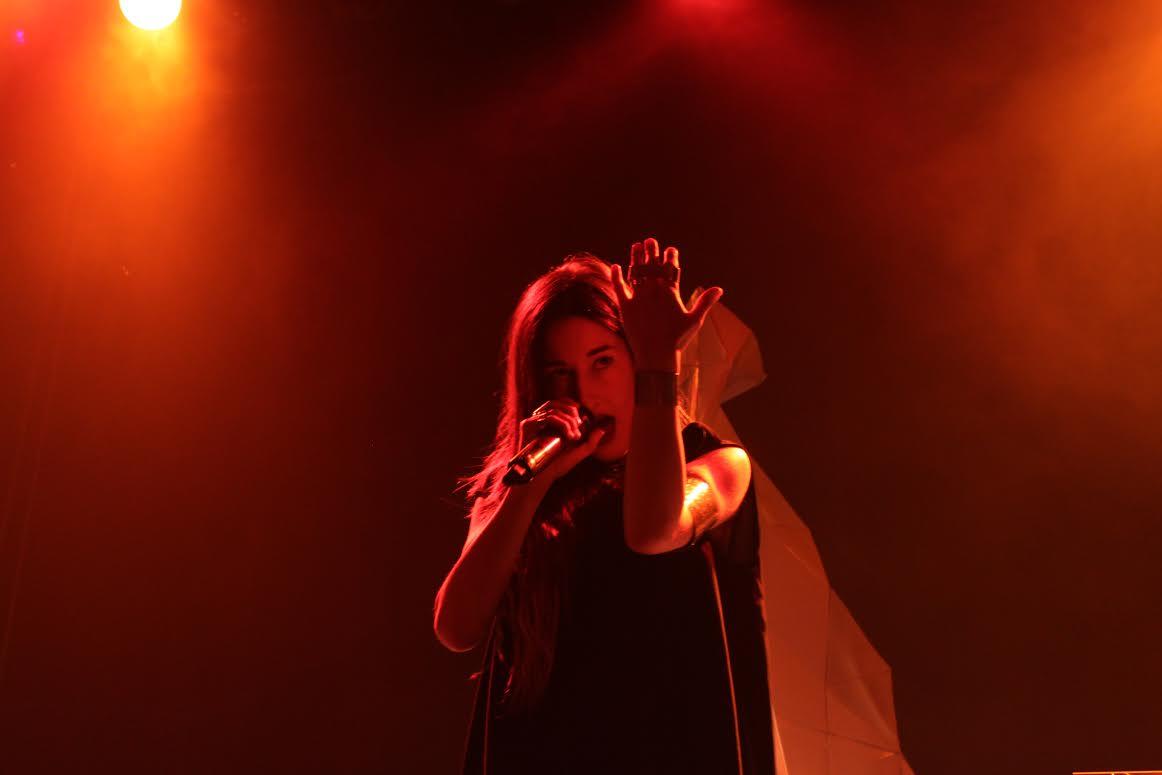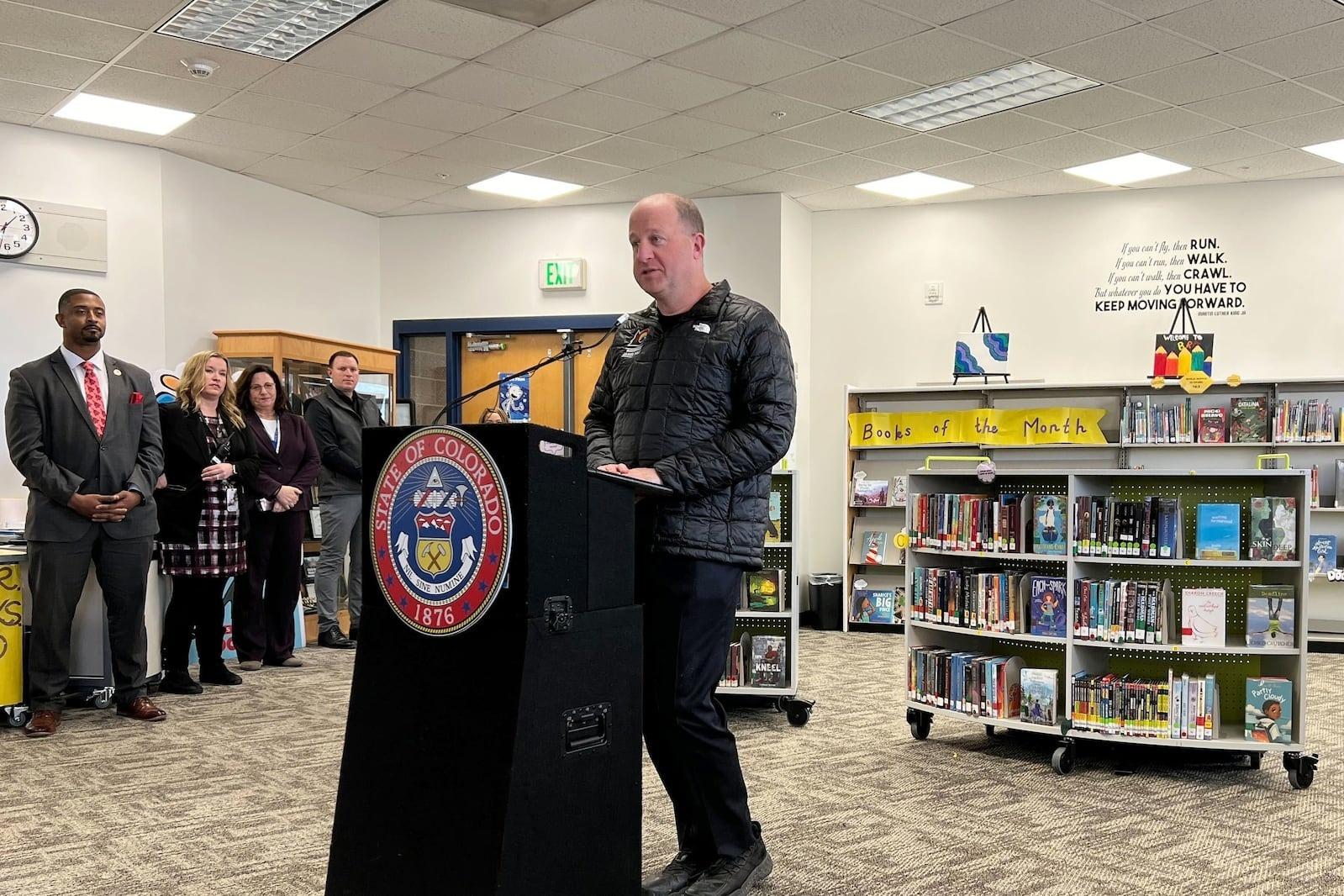
There’s something in the air when Zola Jesus arrives in town. The casual observer would mistake the feeling for melancholy. However, it’s more complicated and serious than that — it’s more like a meaningful silence.
Earlier this week OpenAir interviewed Zola Jesus, which is the stage name for American singer-songwriter Nika Roza Danilova. “The unrest of being alive in this era is palpable and I find that to be overwhelming,” she said.
It’s precisely that statement which encapsulates a Zola Jesus show. Her music battles her own (and our) unrest.
From the onset, you can feel her angst as she almost violently rattles and shakes on stage. At the Bluebird Theater on Tuesday night, Zola Jesus opened with the title track from her 2014 release “Taiga.” The synth-driven music starts smoothly, while Danilova croons into the microphone. Suddenly, the song complicates itself while Danilova conquers the entire stage.
Though Zola Jesus’s recent album hardly reached critical mass, most tracks are fully realized live. On stage, Danilova goes from pure madness to queen of balladry; the same goes for the album. As she stated in the OpenAir interview, instead of trying to make experimental music poppy, now she wants to make “pop music sound experimental.”
The stage was simple and spaced out. Three other members make up the band, playing acoustic/electronic drums, a trombone running through some high-powered synth machine and a keyboard. White, semi-cubed mountains protrude from the stage.
Immediately following applause, silence from both the band and the crowd hovered through the Bluebird Theater in between songs. Random shouts of praise and love were occasionally blurted out.
Toward the end of the show, Danilova took the silence and used it to showcase her impeccable vocals, sans microphone. The crowd stood motionless as she belted out the intro to the song “Nails” from her recent album. Her voice sent chills down my spine.
Danilova’s experimental pop is a refreshing take on the glamor hits on the radio. Zola Jesus, to me, seems to be the anti-Lady Gaga —a goth pop symbol in a world that seems entranced by whatever is stuffed through the airwaves on Top-40 radio.








